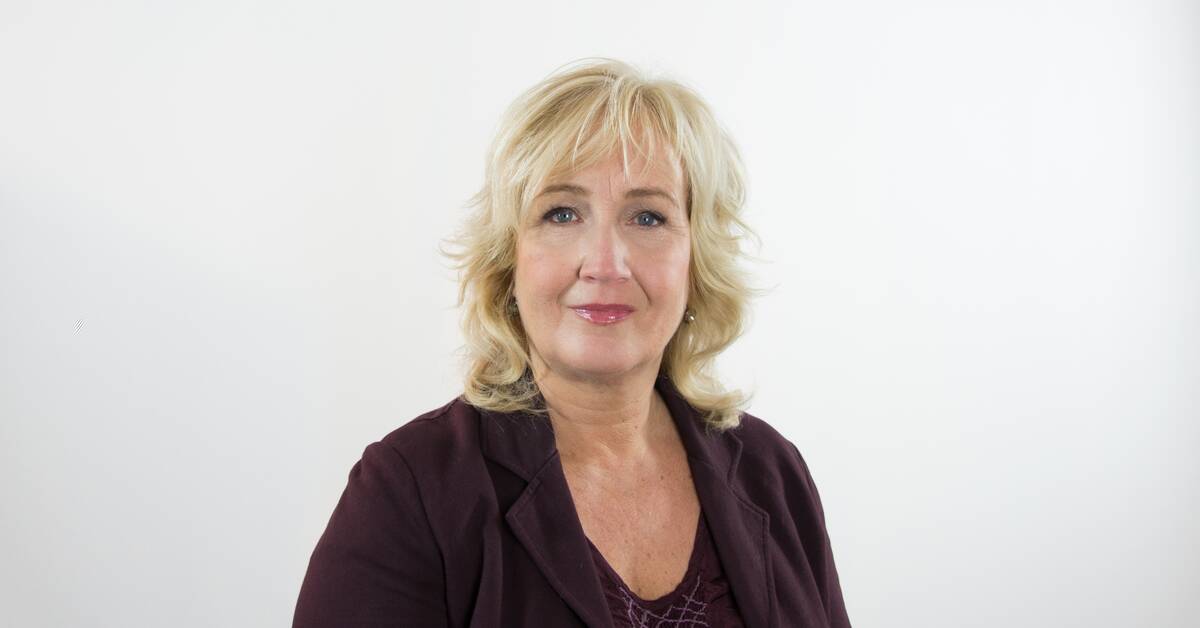Her husband had said “you have to get to safety.
I will stay and defend Ukraine ".
She had barely brought any insulin for her two children with diabetes.
Photo: Erika Bjerström
Olena said that an unknown man would drive them to where they should live.
We wished them luck.
Four weeks later we drive into a courtyard in the small town of Siedice, in front of the house grows a huge walnut tree.
It is the first warm spring day.
She is wearing the same gray long cardigan as a month ago.
She's not as pale.
Here she lives in a small guest house with five other Ukrainian mothers and 13 children.
Leshek Andzhejews owns the guest house.
He seems shy but tells of how his wife died of a heart attack just two months ago.
How he got the idea to offer the rooms to Ukrainian refugees.
He says that he likes that there is life in the house, that the women cook and invite him.
- We help each other.
They can stay as long as required, he says.
Photo: Erika Bjerström
We sense the contours of a new everyday life that Olena and the other mothers create, together with Leshek.
People who did not know each other a month ago, but who the war tied together into a motley large family.
No one knows for how long.
All children go to school already, through distance learning offered by both Ukrainian and Polish schools.
The children sit on their beds, and listen to their teachers on their mobile phones.
But we notice that the women are nervous.
It turns out that this is the first day they are going to go to work.
They will pick and pack mushrooms in one of the area's large greenhouses.
They explain that they need to save money for the day it will be time to return to Ukraine.
But Olena is forced to stay at home at the last minute.
The son Pavel has got a feeling.
She helps measure blood sugar.
Five times a day he is stabbed in the finger.
Photo: Erika Bjerström
Via Google Translate in his mobile, he writes a question to me.
"What's your dream?"
it says.
I realize that only honest answers are enough here and answer that I want to recover from an illness I carry.
He nods.
He gets the same question back and answers "To be able to go home, that's my dream".
The war is constantly present and the mobile phone is the lifeline.
Every day Olena talks to her husband.
When she hears his voice, she knows that he also survived the fighting that day.
What do they say to each other to keep hope and confidence alive?
- We often say how much we love each other.
That we will soon see each other again.
And that Ukraine will win.
And I think about how wonderfully strong a person becomes in a crisis.

